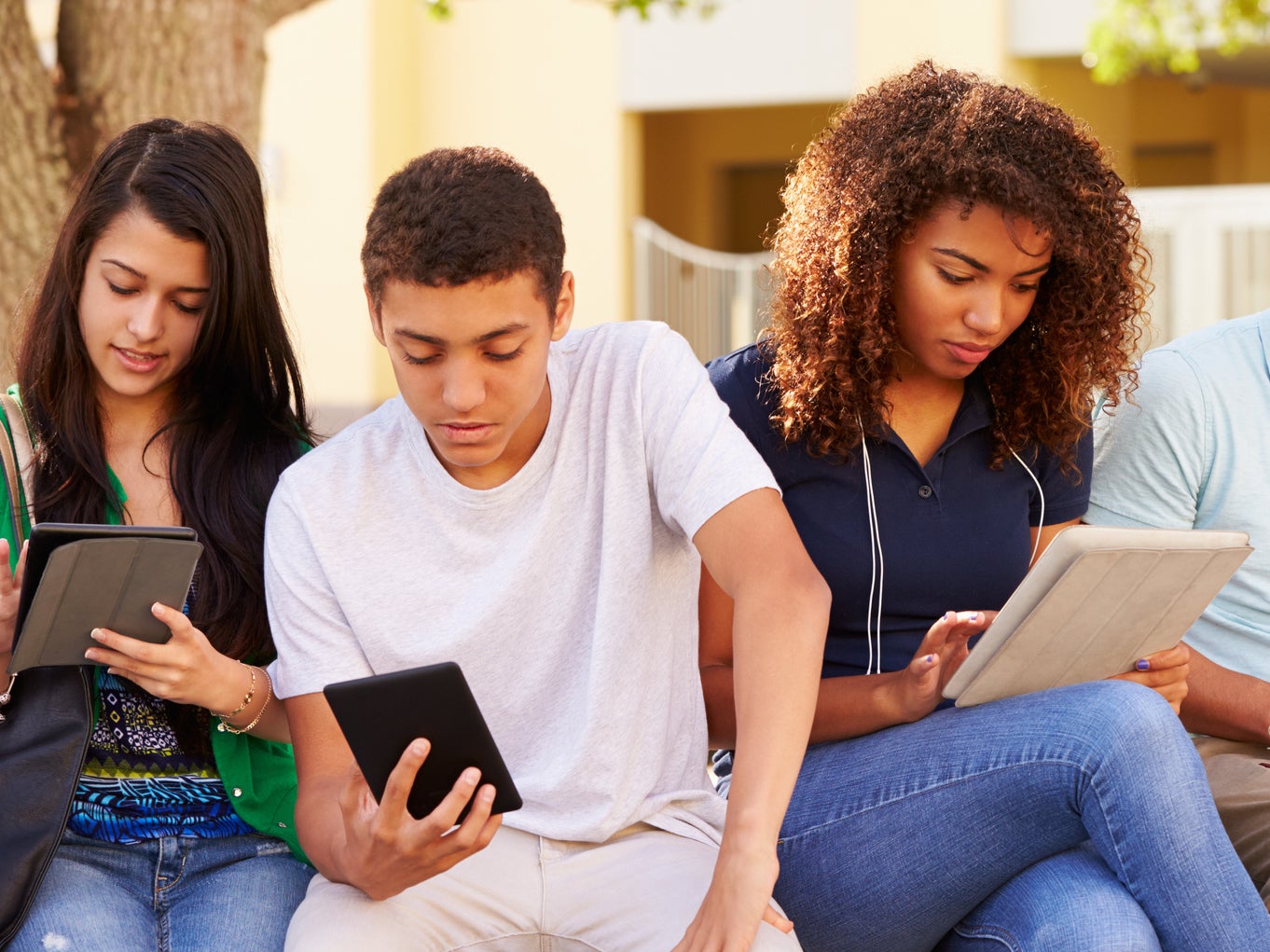Young people say their digital education has to improve. After lockdown, that really matters
Covid-19 has only accelerated the trend toward jobs which demand high levels of digital literacy, says Snapchat's Claire Valoti


Every day, children and young people are being told that Covid-19 is a crisis about their future, as well as their present. Not only are one billion young people out of education, but those just old enough to be in the working world are twice as likely to have lost their jobs or been furloughed as adults.
A huge part of this insecurity results from the complete upheaval of the way they learn, with schools and colleges needing more time to create remote lessons delivered on digital platforms. Teachers are now spending their summer breaks working out how to do this well; they're realising it might be something they're expected to do for the long term.
The result? Snapchat’s own research shows that more than half of young people feel lockdown has negatively impacted their education, with 61 per cent of those between 13 and 17 feeling dissatisfied. The pressure on them to perform in such unprecedented circumstances - and to grow up fast - is immense.
In 2018 Accenture estimated that closing the UK’s digital skills gap could add as much as £141bn to the UK economy. Fast forward two years and Covid-19 has only accelerated this trend towards jobs which demand high levels of digital literacy. There is no shortage of ambition for this change among young people, and among most teachers too, but we do have to rethink how we equip our children to thrive in the digital economy.
As a teenager in the 1990s, I never imagined that I’d end up working in tech and for a business which, at that point, didn’t even exist. Yet the problem solving we learn through STEM subjects in school is rarely positioned as the key to a whole new set of job opportunities, and when I speak to the young people who use our platform I am surprised at how little has changed in 30 years - even though the UK is one of only five countries that has a compulsory computing curriculum.
I have been fortunate in my role to watch how other countries are doing this. In France, maths students learn to create computer code using algorithms. In India, AR and VR are being introduced to everyday classroom scenarios, as they seek to train over 400 million young people in digital and STEM skills by 2022. Such is the appetite for AR skills that we regularly host AR workshops there. Back at home, the Covid era has demonstrated that we need to see urgent change to really prepare our children for their digital futures.
First, we need to ensure that the teaching of digital skills is truly integrated into the existing curriculum. This is not just about teaching everything on a computer or tablet, but showing young people how they can apply what they learn in a range of school subjects to a future digital career.
Second, we need to do more to show and excite young people about the full range of careers in tech, explaining there are opportunities for creatives and people who think differently, not just those with technical skills, as well as the important role that digital skills play in solving the world’s greatest challenges, from climate change to healthcare.
Finally, this has to be an inclusive process. One of the many risks of Covid-19 is a widening of inequality where young people from disadvantaged backgrounds are blocked from learning digital skills both at home and in school. We must work hard to ensure that the teaching of digital skills is available to all. We already know that we simply don't have enough diversity in our tech firms. I don’t believe you can change that without making the skills necessary to pursue a career in tech a more central part of the curriculum for every young person.
For all the harm Covid-19 has caused, this is a moment for reinvention – and we owe it young people to equip them for the future they face.
Claire Valoti is VP International for Snapchat
Join our commenting forum
Join thought-provoking conversations, follow other Independent readers and see their replies
Comments